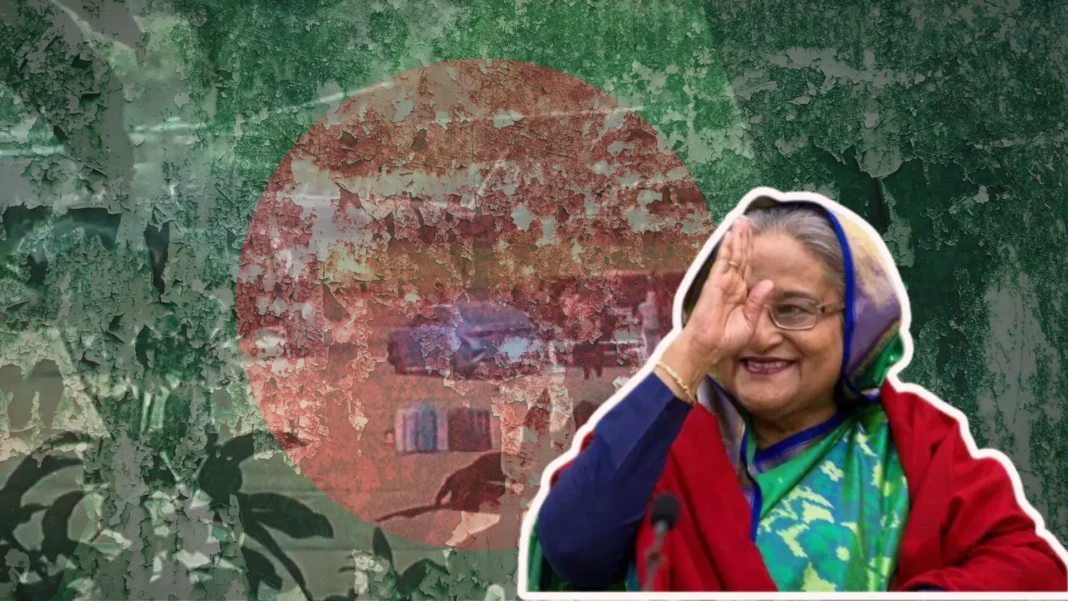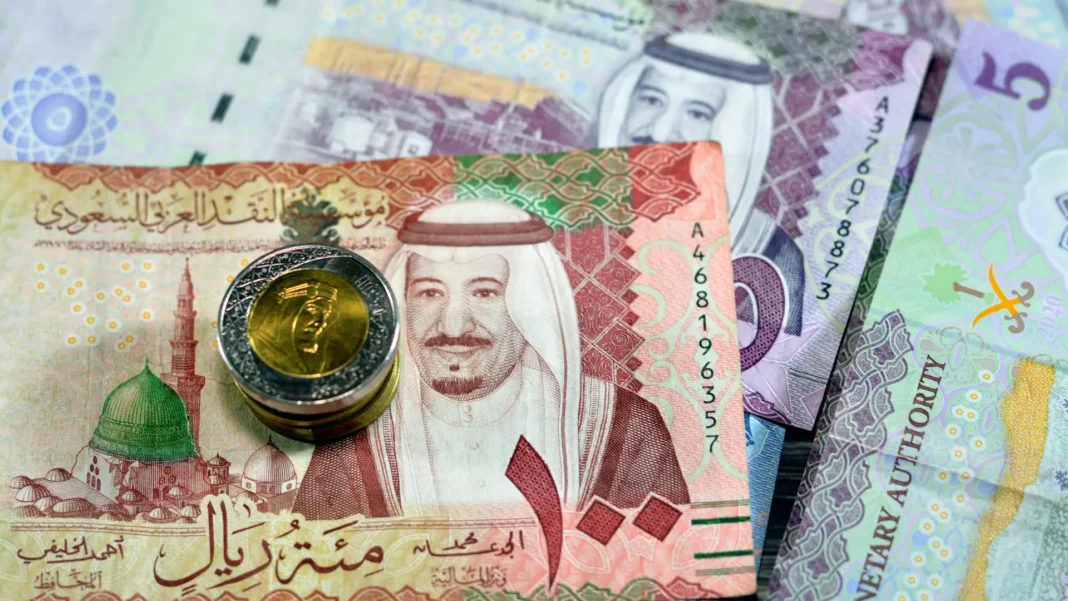Bangladesh’s Parliament Dissolution on Tuesday, following Prime Minister Sheikh Hasina’s resignation and subsequent flight from the country. The political landscape of Bangladesh has been dramatically altered by these recent events, setting the stage for significant changes in the country’s governance.
The Events Leading to the Parliament Dissolution
Protests Against Civil Service Job Quotas
The unrest began last month with widespread protests against the civil service job quotas. These quotas were seen as unfair by many, particularly students, who felt that they were being denied opportunities based on merit.
Escalation into Calls for Hasina’s Ouster
What started as a protest against job quotas quickly escalated into broader demands, including the ouster of Prime Minister Sheikh Hasina. The dissatisfaction among the populace grew, fueled by a perception of governmental corruption and inefficiency.
The Immediate Aftermath
Student Leaders Set a Deadline
In response to the escalating protests, student leaders set a deadline for the dissolution of parliament. They warned of a “strict programme” if their demands were not met, signaling their determination to see significant political change.
Unrest and Violence
Over 400 people died as security forces attempted to quell the unrest. Despite the heavy-handed response, the protests only grew in intensity, leading to Hasina’s flight from Bangladesh on Monday.
Formation of an Interim Government
Meeting with Army Chief
Bangladesh’s army chief, General Wakeruz Zaman, was scheduled to meet with student leaders to discuss the formation of an interim government. This meeting was set to take place at 6am GMT, highlighting the urgency of the situation.
Unclear Deadlines
The exact deadline set by the protest leaders for the dissolution of parliament was not immediately clear, adding to the uncertainty surrounding the political future of the country.
Role of Nobel Laureate Muhammad Yunus
Call for Yunus to Lead
The protest leaders expressed a desire for Nobel laureate Muhammad Yunus to lead the interim government. Yunus, known for his work in lifting millions out of poverty, was seen as a figure capable of guiding the country through this turbulent period.
Yunus Agrees to Lead
Yunus, who won the 2006 Nobel Peace Prize, agreed to take on the role of chief adviser for the interim government. His acceptance was seen as a positive step towards stabilizing the country.
Khaleda Zia’s Release
Years of House Arrest
Bangladesh’s ex-prime minister, Khaleda Zia, was released from years of house arrest. Her release was another significant development, adding a new dimension to the political landscape.
International Reactions
India’s Deep Concern
India’s foreign minister, S. Jaishankar, expressed deep concern for law and order in Bangladesh. He confirmed Hasina’s presence in India, indicating the regional implications of Bangladesh’s political turmoil.
World Bank’s Assessment and Others
The World Bank began assessing the impact of the events in Bangladesh on its loan program. The recent developments prompted a reassessment of the economic stability of the country.
UN Secretary-General Antonio Guterres stressed the importance of a “peaceful, orderly and democratic transition”, his spokesman said
European Union foreign policy chief Josep Borrell echoed that call. Former colonial ruler Britain and the United States meanwhile urged “calm”.
Michael Kugelman, director of the South Asia Institute at the Washington-based Wilson Center, warned that Hasina’s departure “would leave a major vacuum” and that the country was in “uncharted territory”.
The dissolution of Bangladesh’s parliament following Prime Minister Sheikh Hasina’s resignation marks a pivotal moment in the country’s history. With significant unrest, the formation of an interim government led by Muhammad Yunus, and the release of Khaleda Zia, the future of Bangladesh remains uncertain but hopeful.






